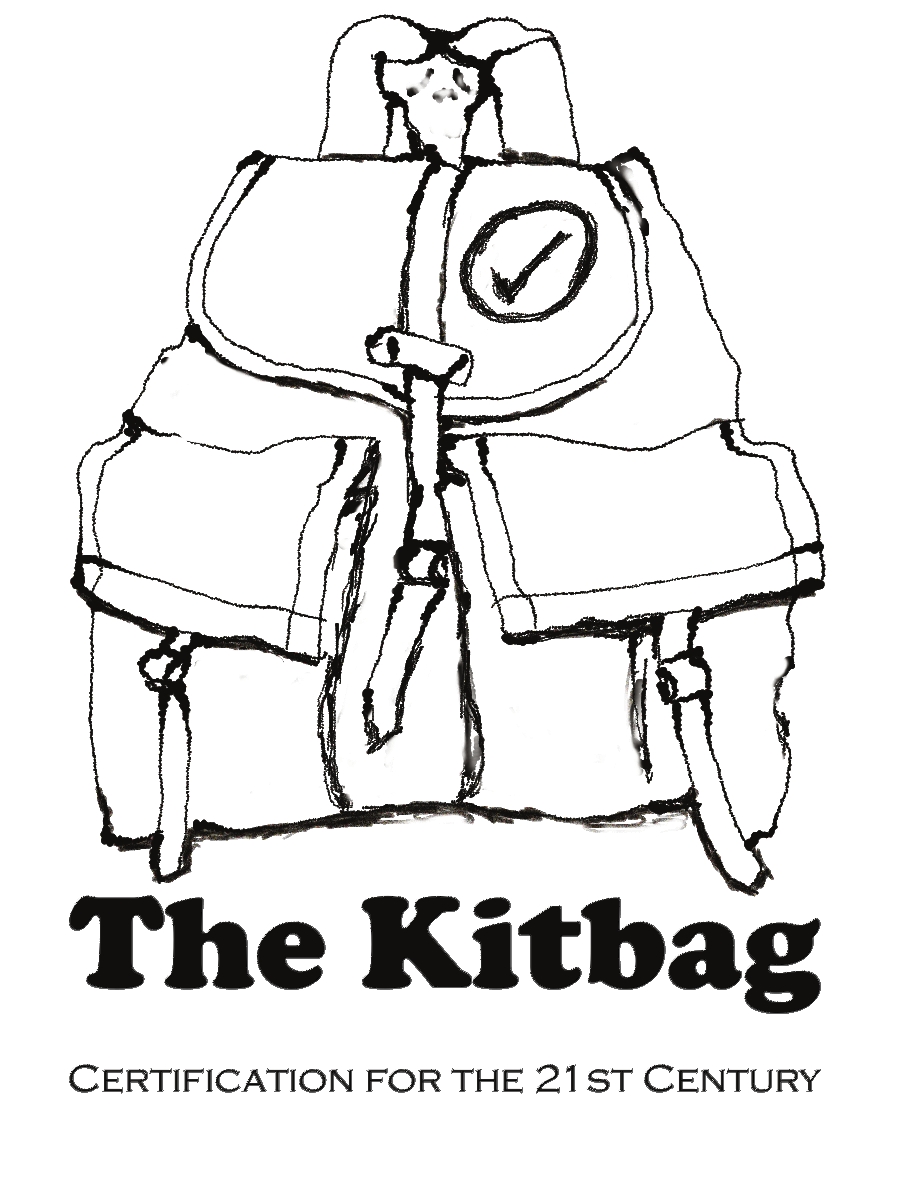One of the common complaints about certification is that users do not always understand what is being certified. This may be caused by a certification claim not lining up with scheme requirements (sometimes accidentally and other times intentionally) or with users not being able to easily understand what a certification mark or claim means.
Sometimes a certification is applied to a single product, and a company may represent the certification as applying to the whole company - or the other way around. If for example, you see a product sold with an ISO 9001 certification claim on the box it can seem that the product is certified. This is not the case since ISO 9001 is a management system certification that applies to the company but does not evaluate individual products. In this case it is the company that is certified, not the products. Using the cetification, the company can make claims about how it is run but not about individual products
The reverse can apply if a company claims that it is certified, for example, to MSC (Marine Stewardship Council). The MSC scheme is designed to certify wild-capture seafood. In this case the source of the seafood is certified, the company is not certified. An MSC certificate means that the company can make claims about products that are or contain MSC certified seafood but not about the how the company is run.
Claims can take many forms, they can be:
- A logo or mark applied to products;
- A logo that is to be linked to a corporate name;
- A tagline that is printed on a product or used in advertisements;
- A tagline that is associated with a corporate name; or
- Any combination of the above.
Claims can be easily exaggerated - just look a claims made about the healthiness of foods and you can easily see how they can get out of hand.
The challenge in designing a claim that a certificate holder can make about a certification is to make sure that the claim is easily understood and accurate. Currently the ISEAL Alliance is working on developing a Good Practice Guide for Sustainability Claims, it you are working on claims for your scheme this draft will help with your thinking.
One advantage of certification is that the claim can be controlled by the scheme owner through a licencing agreement. The way in which the certification is marketed and a logo is used can be controlled by the signed agreement and enforced by the owner of the scheme.
It should always be the responsibility of the scheme owner to set out the rules about what claims can be made and how a scheme logo may be put on products or corporate mastheads.
The claims that you allow for your scheme should be accurate, clear and easily understood by the user.
Finally, schemes should always make sure that their rules are being followed and take action when they are not. Your reputation is all that you have and when your scheme is misrepresented it undermines the value of your certifications, trademarks and claims as well as reducing the value of your scheme to users that follow the rules.
